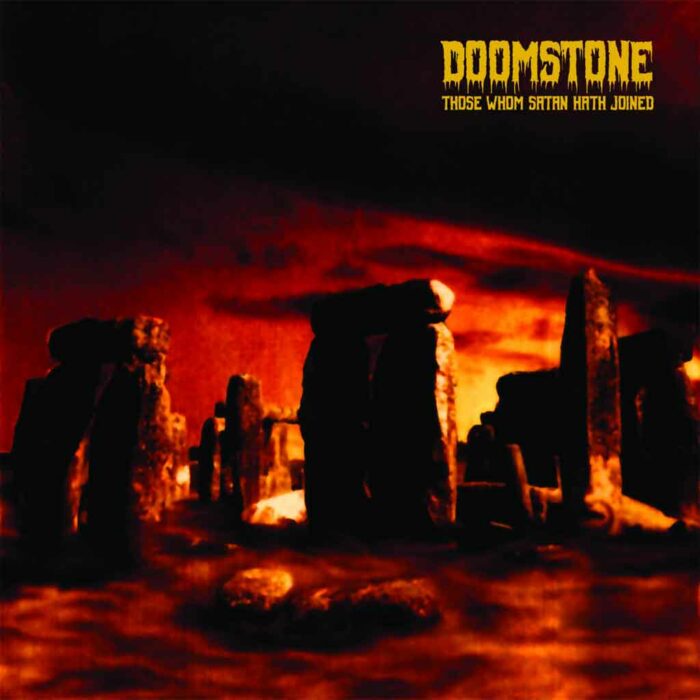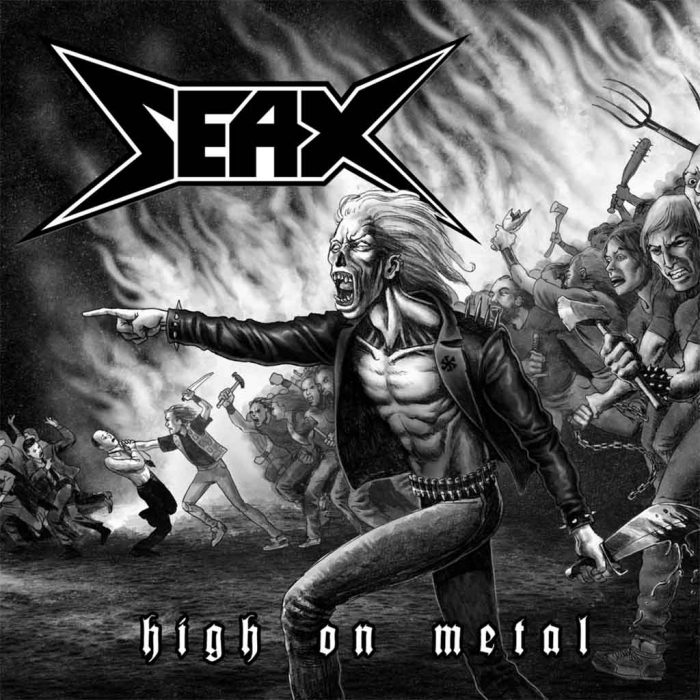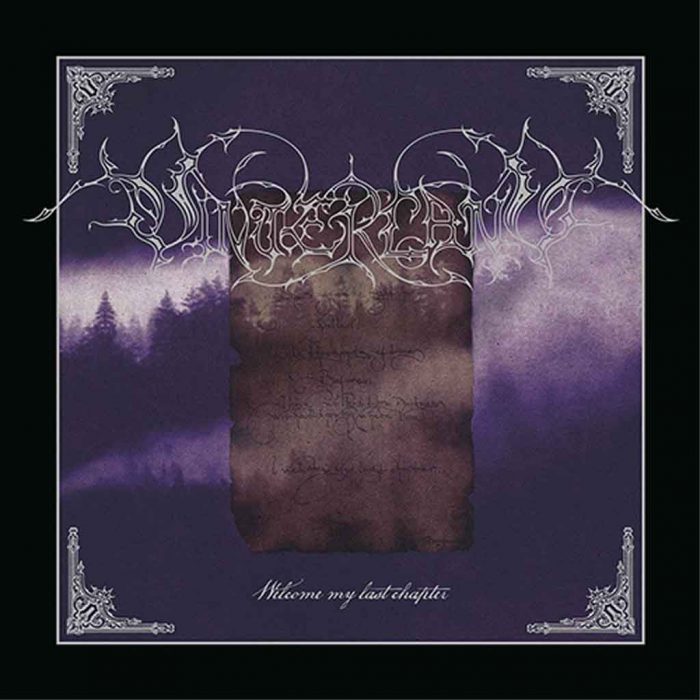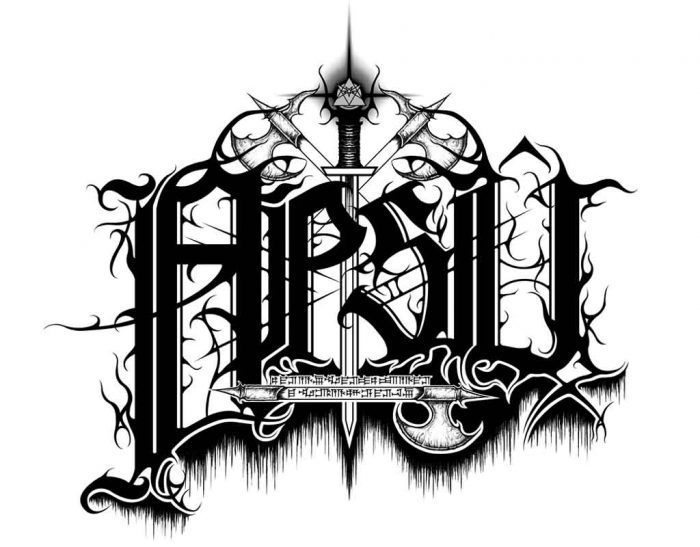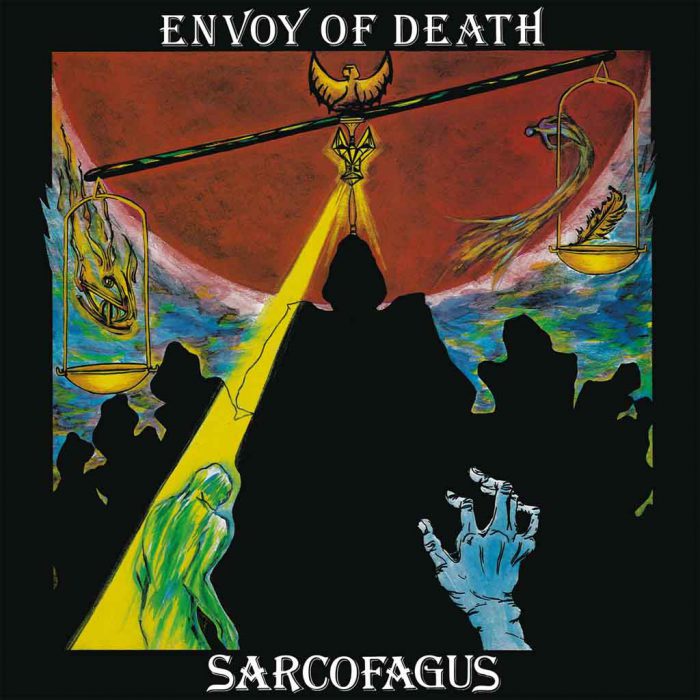
From a recent publication of Perfect Sound Forever, some information echoing our FAQ about the origin of heavy metal:
Leaving out the blues element in the late ’70s, metal pioneers Judas Priest and Mötörhead had used their heaviness while keeping in line with the attitude of punk to create a sound that was heavy rock n’ roll punk filled with economic guitar solos, much like those heard in the Ramones and Sex Pistols. In fact, Mötörhead’s 1977 self-titled debut, which had included the element of speed, had often mixed the sound of classic rock with punk and the ’70’s glam rock of Bowie and Slade. This would soon would be followed by ’80’s metal pioneers Saxon, Iron Maiden, Def Leppard, Diamond Head and Girlschool who had added a great amount of guitar dexterity to the mix becoming a prime characteristic of ’80s metal music from the beginning.
In addition, the article addresses some of the concerns with commercialization and assimilation that came straight out of the 1980s:
When considering ’80s metal, one has to recognize that although the spirit of punk from which it came had mainly focused on anarchy, anti-consumerism, anti-corporate control, much of it, particularly glam, had taken on a strong commercial aspect in the rise of a particularly increasingly commercial period. Mixed with a sporty look and big hair when an enormous mix of different music and styles had existed, after following on from punk and much that was derived from classic rock, metal music in the ’80s had flourished as corporate rock in a period when the commercialization of music saw the rise of an unstoppable corporatization on a wide international scale- indeed, major U.S. record companies were selling themselves to media moguls in Japan and Europe. In fact, metal was a music engulfed by a “give me the money decade” full of excess – drink, women, hair, drugs in a period which saw the beginning of fragmentation in music when the rebelliousness that once seemed to possess more innovativeness and originality from which it had originally stemmed from became swallowed up by commercialism.
In fact, one of the original ANUS articles, now lost to time, was about the difference between commercialism of a non-commercial genre and being within a commercial genre like Queensrÿche or Iron Maiden, who did their best despite coming from the aboveground.
4 CommentsTags: 1980s, assimilation, commercialism, Heavy Metal, underground

